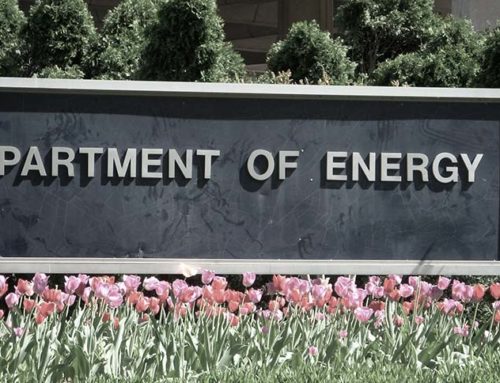Once upon a time, Washington lawmakers decided which defense contractors would get the biggest government contracts based upon national security needs. But lately, it seems a couple of lawmakers have been making these important decisions with the help of five little letters: B-R-I-B-E.
Just this week, the San Diego Union Tribune first reported that Rep. Randy “Duke” Cunningham (R-CA) has been connected with the defense contractor MZM in ways that are too cozy for comfort. In November 2003, Rep. Cunningham sold his Del Mar, California house to MZM's president Mitchell Wade for $1.675 million. Wade immediately put the house up for sale, and sold it eight months later for $975,000, despite the state's sharply rising house prices at the time. If it smells and looks like a bribe, it probably is one.
Surprise, surprise. Cunningham is a member of the important House Defense Appropriations Subcommittee, which makes spending decisions for our nation's military. And MZM, which has been donating generously to Cunningham's campaign and PAC coffers in recent years, has been receiving more government contracts than ever before. Boosted by its work for the government, MZM tripled its revenues in 2004 and increased its staff size by 285%.
Even better. When in Washington, Cunningham resides on the Duke Stir, a private yacht owned by Wade that is docked at the Capital Yacht Club on the Potomac River. According to the Washington Post, Cunningham was also the keynote speaker at MZM's Christmas party last year.
Cunningham is not the only member of Congress with some close ties to MZM. Congressman Virgil Goode (R-VA), another member of the Defense Appropriations Subcommittee, has received $40,851 from MZM and its employees in 2003-2004 and has received $46,625 from them in this year alone. In 2003, Goode sponsored a provision in 2003 to create the Foreign Supplier Assessment Center, a new military office in his district that MZM has been hired to run. According to the Post, this center was not requested by the military. MZM may also be targeting Congresswoman Katherine Harris – in 2004, Harris got $40,000 in campaign contributions from MZM employees, and another $10,000 to her PAC.
Unfortunately, this is no isolated case of dirty politics. Many defense contracting corporations fill the campaign contribution lists of the Defense Appropriations Subcommittee's members, giving campaign contributions which might well be considered a legal kickback for the multimillion-dollar contracts these companies get from the subcommittee every year. The same links can also be found in the transportation and energy industries, as well as other industries and their corresponding congressional committees.
Even if these connections are not criminal in nature, it makes you wonder whether politicians are really keeping the nation's best interests in mind when making vital national security decisions. But history tells us that lawmakers lose sight of the public interest when they get in bed with the same contractors that help them win their campaigns.
One way we could end these taxpayer-funded shenanigans is to establish a more open contracting process in Washington. Since it is extremely difficult to discover what is really going on behind the scenes in Washington contracting negotiations, the government contracting process should be more independent and less political in order to ensure that the public actually benefits from the process and not just greedy contractors. Ultimately, we all lose. Taxpayers get less for their money and our men and women in uniform get shafted.
Special thanks to TCS intern Sagar Ravi for his research into this issue.










